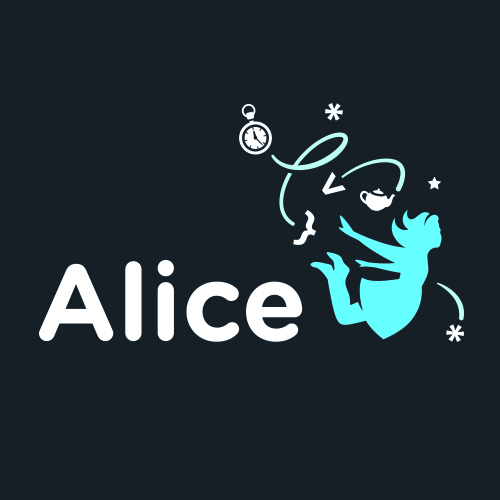Mark Guzdial posted a link to an interview with Jens Mönig. Jens is the main person behind Snap! which developed out of Scratch (which Jens worked on). It’s a great interview and I recommend it. The story of Snap! is an interesting one. I think it is great that SAP is funding the team behind it. This blog post, which sort of rambles a bit (sorry) was inspired by that interview.
There are basically two and a half ways that software for teaching programming and computer science are funded. One is research funding. Usually by universities but sometimes by research groups that are part of major companies. The later is the half I refer to. The other is commercial products. I.e.. products that actually make money for companies.
The problem with commercial products is that they are really designed for professional software developers. That means a number of things that are great for professionals but harder for beginners. Complexity is one of those issues. Visual Studio, which I use for my own development and used for years in the classroom, using a number of different files for every project for example. That’s just the beginning. Development on professional tools adds features for professionals but often subtracts features that are helpful for beginners. I first ran into this when Visual Basic became Visual Basic .NET and arrays of controls when from intuitive to complex with extra code necessary.
Commercial software often has free versions which is the only way schools can generally afford to use them. Simple versions that work on a school’s limited resources tend to go away over time though. They don’t pay for themselves.
I have seen other cool tools from commercial tools, or tools commercial companies provided for free, disappear over the years. Corporate research projects generally last while the principle investigator remains interested and can keep getting funding. If the research doesn’t wind up in a commercial product that doesn’t help with funding.
 App Inventor is an exception. Originally developed at Google, App Inventor had an academic sponsor (It resides at MIT these day) and Google provided some seed money to get the open source version started. It phased easily from corporate research to university research.
App Inventor is an exception. Originally developed at Google, App Inventor had an academic sponsor (It resides at MIT these day) and Google provided some seed money to get the open source version started. It phased easily from corporate research to university research.
MakeCode (largely a Microsoft Research project) is still going strong. It appears that industry/ academic cooperation is helping keep that going. That combination seems to be key in keeping some projects going.
University research projects tend to last longer than corporate research projects. As long as someone can get grants, usually tied to graduate students coming up with good research topics involving the tool, they keep going. I wonder how well some these will continue when the principle academics lose interest, retire, or pass away. Some projects have depth of involvement which is helpful.
 Alice out of Carnegie Mellon has been going strong for 30 years even though it’s originator, the great Randy Pausch passed away in 2008. External funding, required for most academic tools has stayed strong for Alice. That takes a lot of work to maintain of course.
Alice out of Carnegie Mellon has been going strong for 30 years even though it’s originator, the great Randy Pausch passed away in 2008. External funding, required for most academic tools has stayed strong for Alice. That takes a lot of work to maintain of course.
Most of the long lasting tools have some level of corporate sponsorship. Oracle helping with Greenfoot and BlueJ are other examples. There used to be a lot of NSF (US National Science Foundation) money around. Somehow I suspect there is a lot less of it these days. It’s risky to depend on it as well given the rapidly shifting state of US Federal funding.
And then there is Artificial Intelligence to think about. That’s sort of the elephant in the living room these days. If funding agencies (government, non-profit, industry) decide that coding is dead because of AI what happens to funding for the tools educators are using today?
I don’t believe that coding is dead but I know that some people have decided that it either is or soon will be. Computer science education is going through a change caused by the winds of AI. Industry seems to think that they don’t need inexperienced software developers. Development of developers has to start somewhere though. One can’t go from zero to experiences expert without starting somewhere.
I believe we need good teaching software. I hope we can keep seeing good things supported and developed in the future. We live in interesting times.
Note that Mike Zamansky wrote a riff on this post. Recommended at Funding for CS Educational tools - C’est la Z

